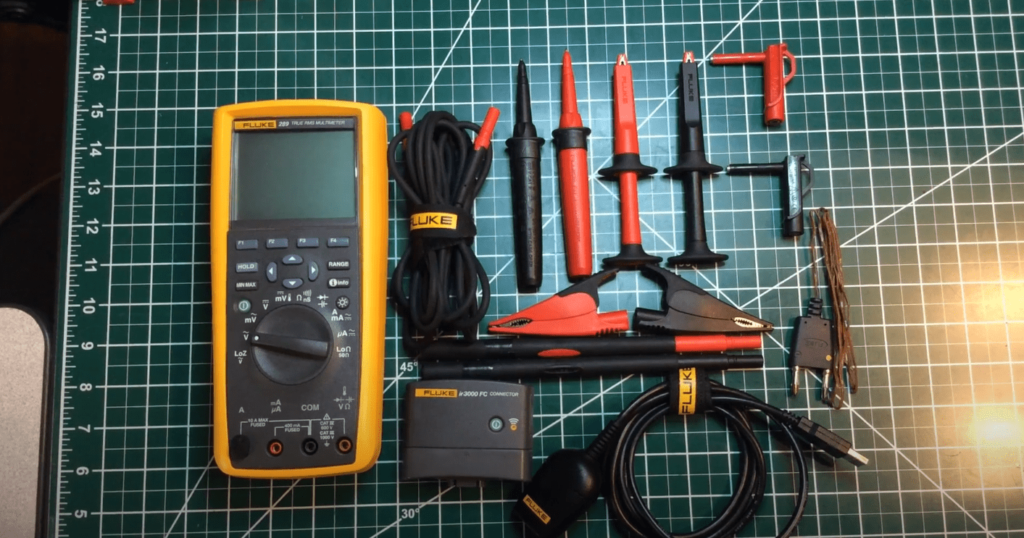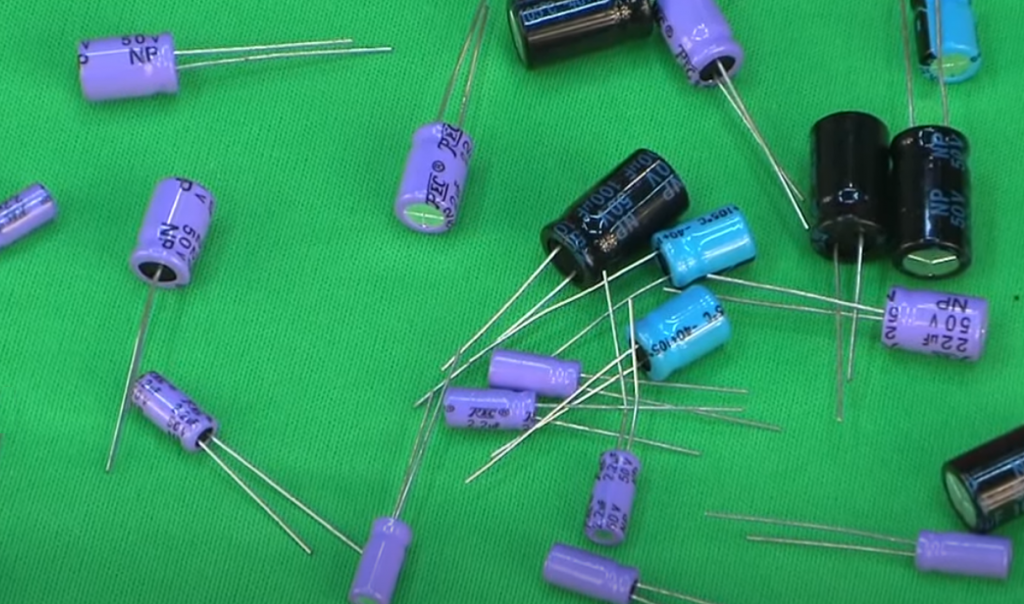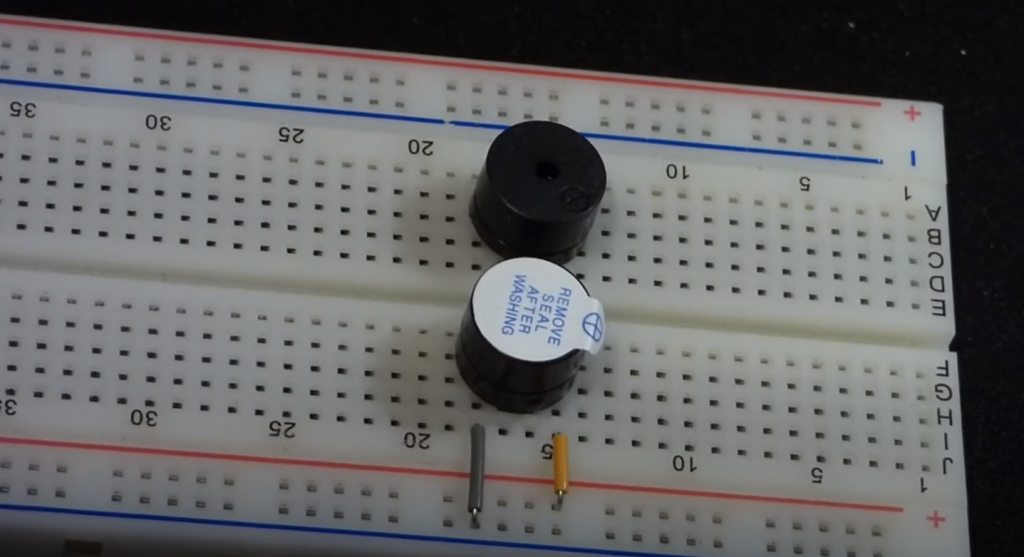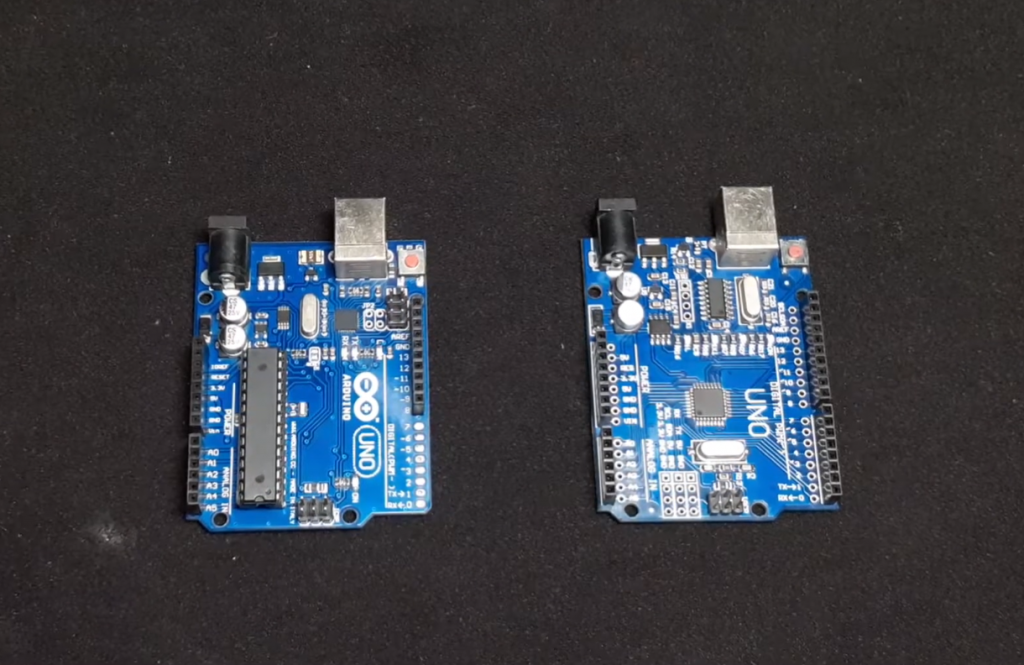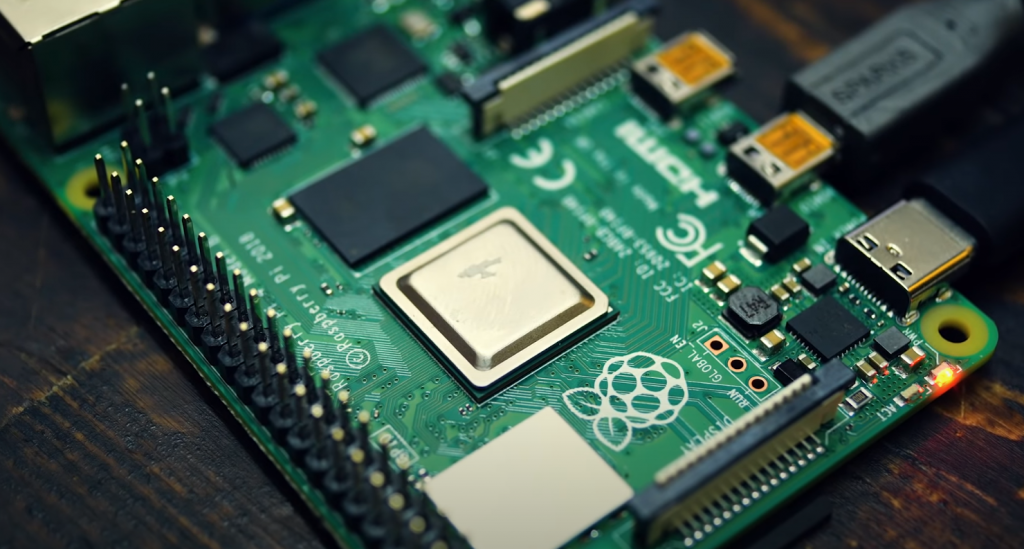There are many multimeters on the market, but two of the most popular models are the Fluke 189 and 289. Both models are digital multimeters (DMM) with many features and functions. So, which one is the better choice? In this article, we’ll compare the Fluke 189 vs. 289 and see which one comes out on top.
Fluke 189 Overview
The Fluke 189 is a versatile and reliable multimeter that is perfect for a variety of applications. It features a large, easy-to-read LCD display and simple controls that make it easy to use. The Fluke 189 also has a built-in backlight that makes it easier to read in low-light conditions. The meter comes with a carrying case and an AC adapter, making it easy to take with you wherever you go.
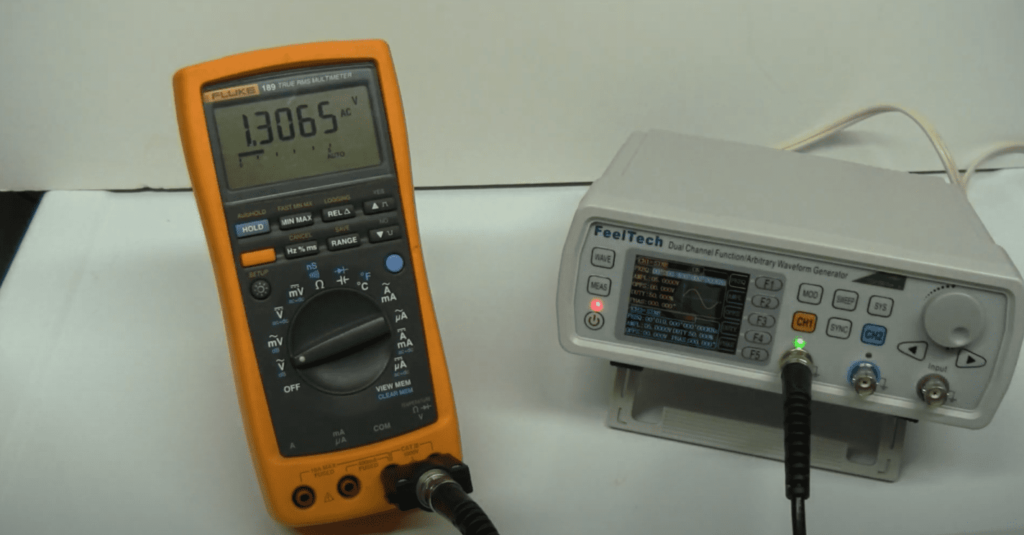
Fluke 289 Overview
The Fluke 289 is a digital multimeter that is designed for industrial and commercial applications. It can measure AC and DC voltage, AC and DC current, resistance, capacitance, frequency, and temperature. It also has a continuity test function and a diode test function. The Fluke 289 has a large display that shows up to four digits of resolution. It also has a backlight for use in low-light conditions. The Fluke 289 is powered by six AA batteries or an optional AC adapter.
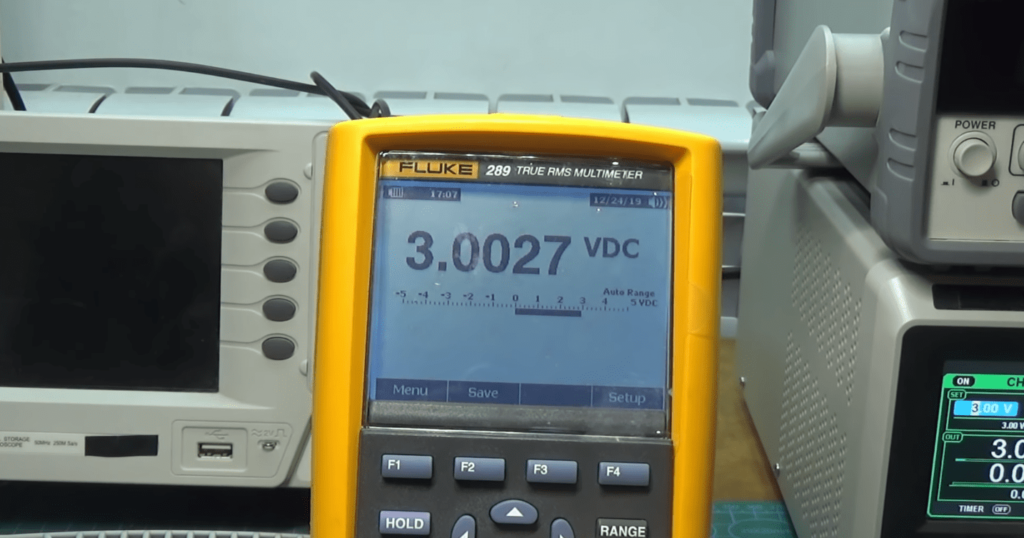
Fluke 189 vs. 289: Which is Better?
The Fluke 189 and 289 are two DMMs that are very popular among electricians. Both have their own pros and cons, so which one is better?
The Fluke 189 is an older model that is not as accurate as the 289 in some cases. However, it is easier to use because it has a more user-friendly interface. The 289 is more expensive, but it is more accurate and has more features.
Both the 189 and the 289 are good multimeters, but the 289 is better overall. It is more accurate and has more features. If you can afford it, get the 289.
Fluke Multimeter Care Tips
As someone who frequently uses a multimeter, you know that having a trusty and reliable device is important. Taking care of your multimeter will ensure its longevity. Here are some tips on how to take care of your Fluke multimeter.
First and foremost, always store your multimeter in a safe and dry place when not in use. This will protect it from any damage that could occur if it were to fall or get wet.
Next, be sure to check the batteries regularly and replace them as needed. Old or damaged batteries can cause inaccurate readings, so it’s important to keep them fresh.
Finally, remember to calibrate your multimeter regularly according to the manufacturer’s instructions. This will help ensure accuracy and prevent any issues down the line.
FAQ
Are Fluke budget multimeters?
No, Fluke multimeters are not budget models. They are professional-grade tools that are used by electricians, engineers, and other professionals.
Are Fluke multimeters made in China?
Yes, some Fluke multimeters are made in China. However, the company has a strong commitment to quality control, and all of its products are rigorously tested to meet or exceed international standards. For more details, check this article.
Is the Fluke 289 an oscilloscope?
No, the Fluke 289 is not an oscilloscope. It is a digital multimeter that can measure voltage, current, and resistance.
Is a Fluke multimeter a good gift for ham radio operator?
A Fluke multimeter is a great gift for a ham radio operator. It is a versatile tool that can be used to measure voltage, current, and resistance.
Is a Fluke 189 accurate?
Yes, the Fluke 189 is accurate. It has a resolution of 0.1 mV and an accuracy of +/- 0.025% + 2 digits.
Is a Fluke 289 accurate?
The Fluke 289 is a highly accurate multimeter, with a basic accuracy of 0.025%. It can measure AC/DC voltage and current, resistance, capacitance, frequency, and temperature.
What is more accurate DMM or oscilloscope?
There is no definitive answer to this question since it depends on the specific application. In general, however, an oscilloscope is more accurate than a DMM for measuring AC signals.
Why use an oscilloscope instead of a multimeter?
There are a few reasons to use an oscilloscope instead of a multimeter. First, an oscilloscope can measure voltage over time, which can be helpful in understanding how a circuit is functioning. Additionally, an oscilloscope can measure the frequency of a signal, which can be helpful in troubleshooting circuits. Finally, an oscilloscope can be used to measure the amplitude of a signal, which is often necessary in order to ensure that a circuit is functioning properly.
Related Video: Fluke 189/289 Multimeter Review
Final Words
To conclude, the Fluke 189 and 289 are both great multimeters. They both have their pros and cons, but overall they are both great products. If you are looking for a great multimeter, then either of these would be a great choice.

